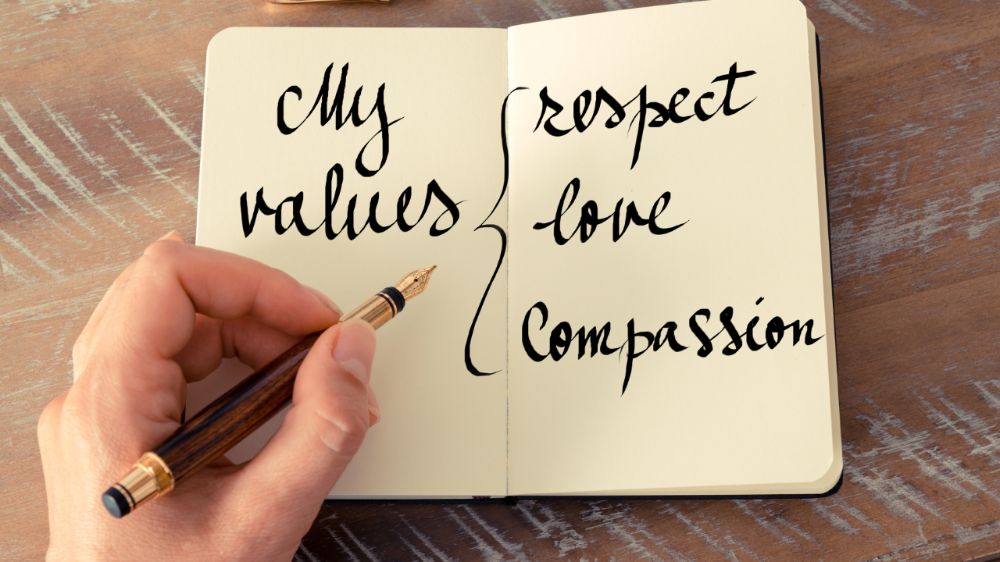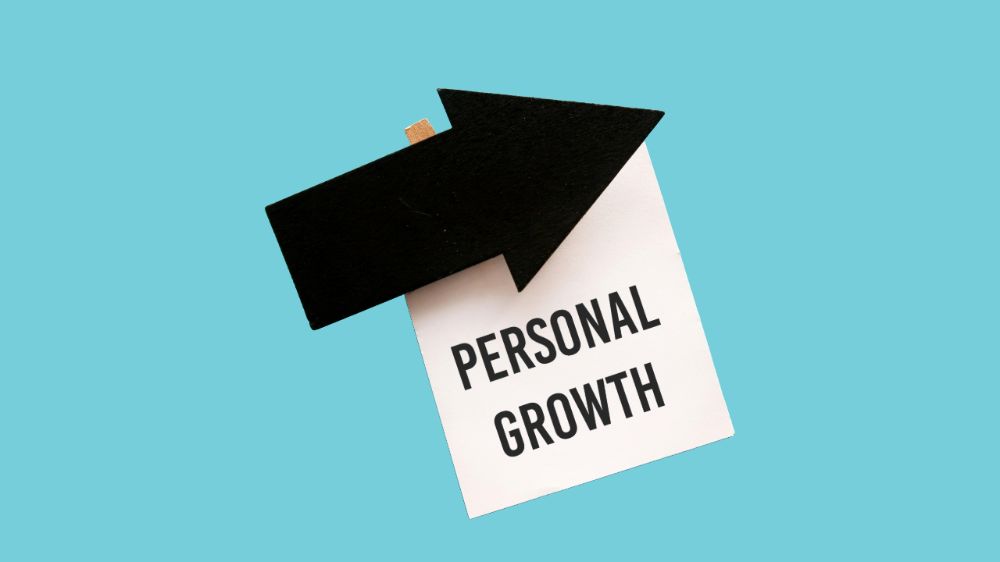What to do when your friends are more materialistic and you have different values

Friendship is often built on shared experiences, common interests, and mutual respect. But sometimes, differences in values can emerge, creating a disconnect. This can happen when your friends seem more focused on material wealth and possessions, while you place higher importance on other aspects of life like relationships, personal growth, or simplicity. When your friends are more materialistic and you value something different, it can be challenging to maintain a sense of harmony without feeling disconnected.
Here’s how to navigate these differences while staying true to yourself and preserving your friendships.
-
Acknowledge the difference without judging.
It’s important to recognize that having different values doesn’t automatically make one person right and the other wrong. Materialism, or the pursuit of wealth and possessions, is often shaped by individual backgrounds, personal goals, or societal pressures. While it may not be something you prioritize, it might hold significance for your friends.
Instead of judging their choices, try to understand where they’re coming from. Maybe material success gives them a sense of security or accomplishment. By acknowledging the difference without casting judgment, you create space for understanding and respect, even when your perspectives don’t align.
-
Reflect on your own values.
Before addressing any discomfort in your friendships, take some time to reflect on your own values. What do you prioritize in life, and why? Are you focused on experiences, relationships, or personal fulfillment over material gain? Understanding your own values will help you stay grounded when faced with different perspectives.
Being clear on your values also empowers you to communicate them more effectively when necessary. If your friends are planning something expensive that doesn’t resonate with you, it becomes easier to explain your perspective with confidence when you know exactly what drives your decisions.
-
Set healthy boundaries.
If you feel pressure to keep up with your friends’ materialistic pursuits — whether it’s buying the latest gadgets, attending expensive events, or constantly comparing lifestyles — it’s essential to set boundaries. You don’t have to participate in activities that don’t align with your values or stretch beyond your financial comfort zone.
You can gracefully decline an invitation or suggest alternative plans that suit your preferences. For example, if your friends want to go on an extravagant shopping spree or dine at an expensive restaurant, offer to join them for a more low-key outing another time, like a hike or a coffee date. Setting boundaries helps you stay true to yourself without feeling overwhelmed by their choices.
-
Focus on what you have in common.
Even though materialism might be a point of difference between you and your friends, it’s likely that you still have plenty of shared interests or experiences that brought you together in the first place. Focus on those commonalities to maintain a sense of connection.
Whether it’s a shared hobby, a love for adventure, or similar life goals, nurturing those aspects of your friendship allows you to stay close while avoiding topics or activities that create tension. Not every conversation or gathering has to center around material things.
-
Communicate openly and respectfully.
If the gap between your values and those of your friends is becoming too wide to ignore, it might be time for an honest conversation. This doesn’t mean confronting them or criticizing their choices, but rather expressing how you feel in a non-judgmental way.
You can say something like, “I’ve noticed that I prioritize different things, and sometimes it feels like I’m on a different path. I still really value our friendship, but I just want to be honest about where I’m coming from.” By communicating openly, you give your friends the chance to understand your perspective, which can lead to greater mutual respect and understanding.
-
Seek balance in your social circle.
If you find that the materialism of your friends is beginning to weigh on you or make you feel isolated, it might be helpful to seek balance by connecting with people who share your values. This doesn’t mean abandoning your current friends, but expanding your social circle to include individuals who resonate more with your outlook on life.
Join communities or groups that align with your interests, whether it’s volunteering, creative pursuits, or wellness activities. Having a mix of friends who share different values can help you feel more supported and balanced in your social life.
-
Accept that friendships can evolve.
It’s natural for friendships to evolve over time, and sometimes values can diverge in ways that create distance. If the materialism of your friends is becoming a constant source of conflict or discomfort, it’s important to accept that not every friendship will remain the same forever. It doesn’t mean you need to cut ties, but you may find that some relationships become less central to your life as your values shift.
It’s okay to allow space for friendships to change. Sometimes, people grow apart as they develop new priorities, and that’s a natural part of life
-
Stay true to yourself.
Ultimately, the most important thing is to stay true to your own values and not get swept up in external pressures. You don’t need to justify your choices or feel inferior for not prioritizing material wealth. Your values, whether focused on relationships, personal growth, or a simpler lifestyle, are valid and important.
Stay grounded in what matters to you, and trust that your path is just as valuable as anyone else’s. Over time, people who appreciate and respect your authenticity will naturally gravitate toward you.
Navigating friendships when your values differ — especially when it comes to materialism — can be tricky, but it’s possible to maintain meaningful connections without compromising your beliefs. By understanding your own values, setting boundaries, and communicating openly, you can strike a balance between respecting others’ choices and honoring your own. Ultimately, friendship is about more than just shared interests; it’s about mutual respect, understanding, and support, even in the face of differences.

